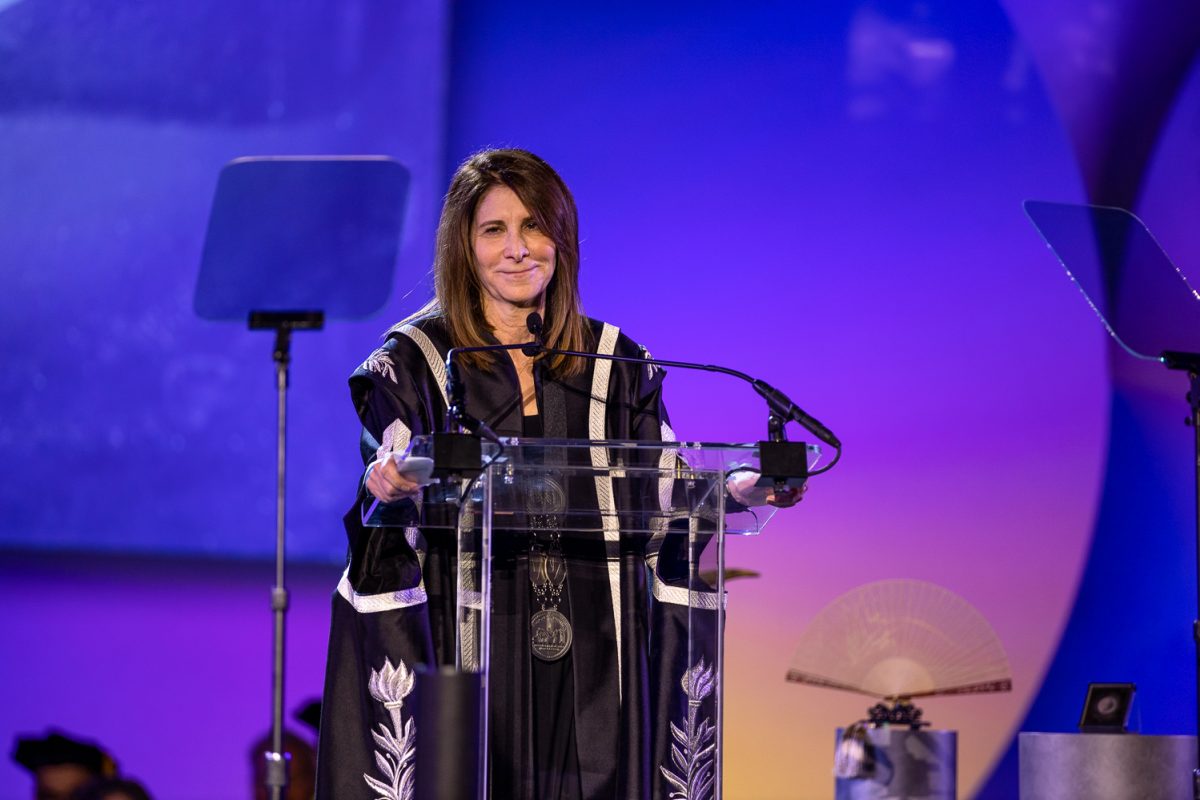During her inauguration last Tuesday, NYU president Linda Mills announced The NYU Promise, which will waive tuition costs for undergraduate students admitted to the New York campus from households with an annual income of less than $100,000, starting from the 2024-2025 school year.
While NYU’s improvements to affordability are admirable, they do not adequately serve several important parts of the student body. Simply put, The NYU Promise is not promising to all.
The NYU Promise extends only to students admitted to the New York campus, leaving out the significant population of students studying at NYU’s other campuses in Abu Dhabi and Shanghai. These campuses offer unique opportunities for students to experience different cultures and perspectives, contributing to NYU’s global significance. Regardless of the location, tuition is still expensive, and financial need does not end at city campus borders.
Another group that the initiative does not address is transfer students, who already do not receive institutional financial aid. A program like The NYU Promise would be extremely beneficial to transfer students, who could need just as much financial aid as first-years.
“When I chose to transfer to NYU, I knew I was going to have to give up the academic scholarship I earned at my previous institution and that I would most likely not be given any monetary aid from NYU,” said junior Olivia Reyes. “I’m not sure what the logic behind transfer students not being given aid is.”
This promise also fails to support the more than 25,000 postgraduates at the university. Graduate students, who might already be grappling with undergraduate student debt, also need access to this program. NYU should recognize that access to higher education needs to be available to all students regardless of academic path.
The NYU Promise also has a fundamental flaw in that it relies on household income as its benchmark, disregarding students whose parents submit financial information but aren’t actually paying for their tuition. In such situations, the program would not appropriately reflect the student’s financial need. NYU needs to take individual circumstances into account when determining who gets to benefit from this program.
The program’s hard barrier of the $100,000 income cutoff raises questions about its eligibility requirements. The numerical limit is insensitive to households who earn slightly more but still struggle to meet the rising costs of higher education. Inadvertently, the program establishes a dividing line that relies on a subjective definition of low-income.
The university did not respond for comment on whether the pilot program will be expanded to other campuses soon and whether it would still draw that hard line at $100,000.
In order to ensure that all of its students, regardless of their circumstances, have equitable access to high-quality education, NYU should expand the program’s scope. The NYU Promise is a good first step — making it more widely available needs to be next.
WSN’s Opinion section strives to publish ideas worth discussing. The views presented in the Opinion section are solely the views of the writer.
Contact Molly Koch at [email protected].


























































































































































